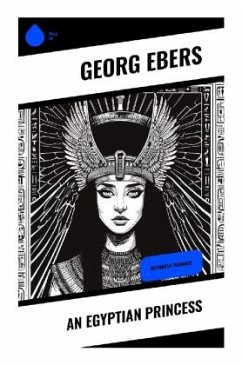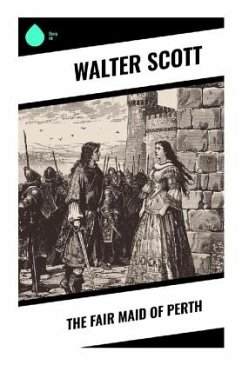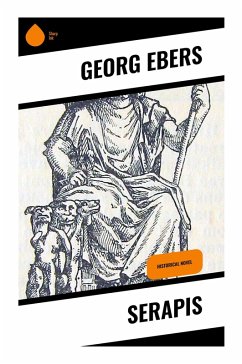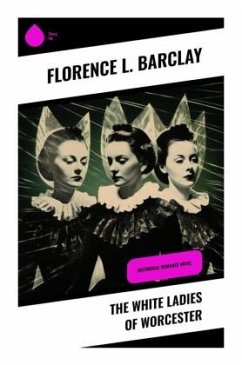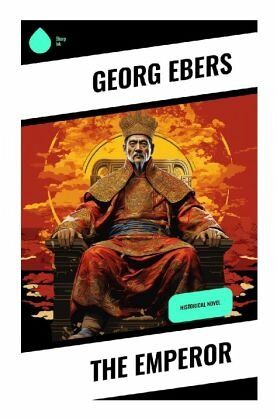
The Emperor
Historical Novel
Übersetzung: Bell, Clara
Versandkostenfrei!
Versandfertig in 6-10 Tagen
16,20 €
inkl. MwSt.

PAYBACK Punkte
0 °P sammeln!
In "The Emperor," Georg Ebers intricately weaves a narrative set against the backdrop of the Roman Empire, exploring themes of power, ambition, and the human condition. Ebers employs a rich, immersive prose style that echoes the historical novels of the 19th century, drawing readers into the complex social and political dynamics of the period. Through a blend of fictional and historical characters, the novel examines the ethical dilemmas faced by those in power, reflecting a keen awareness of the moral complexities inherent in leadership and governance. Georg Ebers, a prominent Egyptologist an...
In "The Emperor," Georg Ebers intricately weaves a narrative set against the backdrop of the Roman Empire, exploring themes of power, ambition, and the human condition. Ebers employs a rich, immersive prose style that echoes the historical novels of the 19th century, drawing readers into the complex social and political dynamics of the period. Through a blend of fictional and historical characters, the novel examines the ethical dilemmas faced by those in power, reflecting a keen awareness of the moral complexities inherent in leadership and governance. Georg Ebers, a prominent Egyptologist and novelist, was profoundly influenced by his academic pursuits, which fostered his fascination with ancient civilizations. His mastery of historical details and passionate storytelling are evident in this work, showcasing his commitment to not only entertain but also inform readers about the richness of historical narratives. Ebers's deep engagement with the cultural and political nuances ofhis subjects provides a foundation for the authenticity and depth of the characters he portrays. This novel is highly recommended for readers who appreciate historical fiction that offers both intellectual engagement and emotional depth. Ebers's adept storytelling invites readers to ponder the moral challenges of leadership while providing a captivating glimpse into a monumental era of human history.





